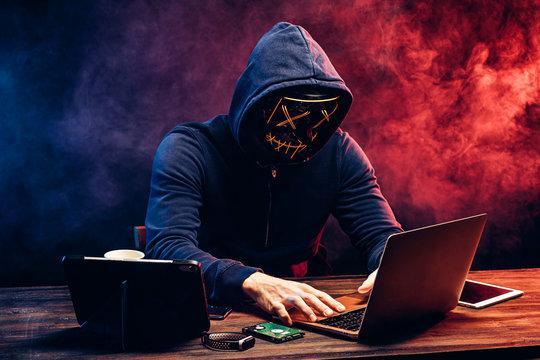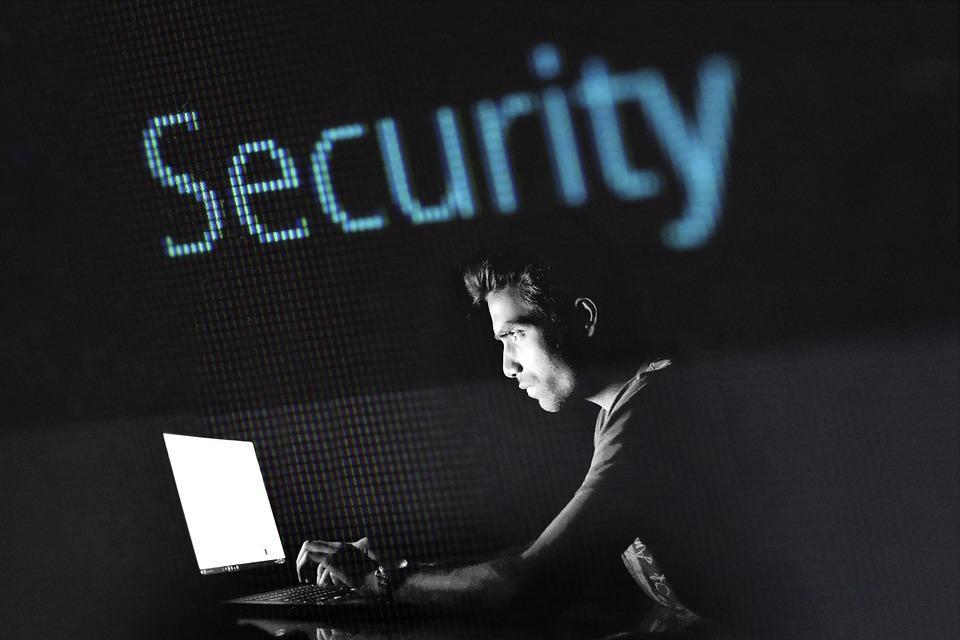Unfortunately, we live in an age where hacking has become increasingly common and more frequent. From large corporations to small businesses and even individuals, there are few places that can’t be hacked into, and your personal information isn’t safe on the internet anymore, either. If you have the misfortune of being hacked, you should know what to do in case it happens to you and what precautions you can take to reduce your chances of being hacked in the first place! Read these tips below on how to reduce your chances of being hacked by an outside party!
1) Use strong passwords
Passwords are the most important thing when it comes to protecting yourself from hacking. A strong password is one that is long, containing letters, numbers and symbols. It should also be different from other passwords you use for other accounts. Ideally, a strong password should be at least 12 characters long and contain both uppercase and lowercase letters, numbers and symbols. -Don’t reuse passwords: If a hacker steals your password they could then log into all of your accounts. If this happens, they can do anything with those accounts including accessing personal data like credit card information or buying things online using your account. To avoid this problem make sure you don’t reuse the same password for any two sites or services because if one account gets hacked then hackers will have access to all of them!
2) Update your software
One way to reduce the risk of getting hacked is by updating your software and making sure you have a good antivirus program. This includes updating all your browsers and extensions, which can be done on a browser-by-browser basis or by updating them all at once. You should also update any other software that requires regular updates and make sure you are backing up regularly. Finally, you want to make sure that if you receive an email from someone requesting personal information that it’s coming from a legitimate source. If not, do not send them anything; instead report it as spam.
3) Use Two-Factor Authentication
Two-Factor Authentication is not only an excellent way to increase the security of your accounts, but it’s also a great way for you to be more mindful about what you’re doing online. For example, when logging into Facebook from a new device, you’ll get a notification on the app or browser that asks for access. In order for access to be granted, you need to enter in the code that’s sent as a text message. It may seem like an extra step at first, but it really does help make sure that no one other than yourself is accessing your account and that hackers can’t get their hands on any personal information.


